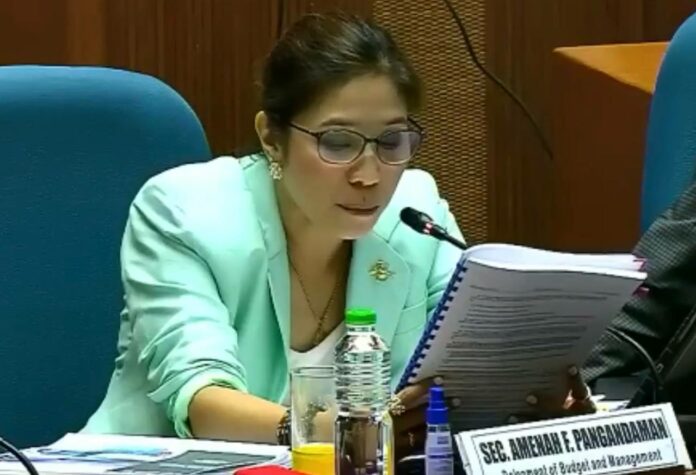The interagency Development Budget Coordination Committee (DBCC) is sanguine of revenue as percent of local output expansion, measured as the gross domestic product (GDP), exceeding this year’s target and equal at least 15.7 percent of GDP.
Referred to as tax effort, this compares against the DBCC goal of only 15.2 percent and up to 15.3 percent under the Medium Term Fiscal Framework (MTFF) for the year.
The cluster, chaired by Budget chief Amenah Pangandaman, based its optimism on the actual nine-month performance of the national government which generated far more revenue collection than it expected during the period.
In the first nine months this year, revenue totaled P2.84 trillion, higher by 6.8 percent year-on-year. Both tax and non-tax revenues posted growth of 6.4 and 10.5 percent, respectively, Pangandaman said.
This exceeded the program by 3 percent owing to higher collection by the Bureau of Customs (BOC) and non-tax revenue of another P152.57 billion.
According to the DBCC, the emerging revenue collection this year is seen reaching P3.84 trillion and could go as high as P3.90 trillion or above the P3.73 trillion approved for the year. Tax revenue is expected to range from P3.50 trillion to P3.55 trillion.
The emerging revenue effort for 2023 is estimated to be at least 15.7 percent, surpassing both the MTFF target and 184th DBCC-approved level of 15.3 percent and 15.2 percent, respectively.
It noted the Bureau of Internal Revenue (BIR) and the BOC have implemented reforms to strengthen tax administration and enhance revenue collection, which include digitalization programs intended to eliminate corruption, increase transparency, and improve the ease of paying taxes.
The DBCC vowed to work closely with Congress for the passage of the previous administration’s remaining tax reforms on passive income and financial intermediaries taxation and real property valuation and assessment, as well as new tax measures.
These include the excise tax on single-use plastics (SUPs), rationalization of the mining fiscal regime, motor-vehicle road users’ tax, excise tax on sweetened beverages and junk foods, tax on pre-mixed alcohol, value-added tax (VAT) on digital service providers, carbon taxation, capital market development bill, and the military and uniformed personnel (MUP) pension reform bill.







